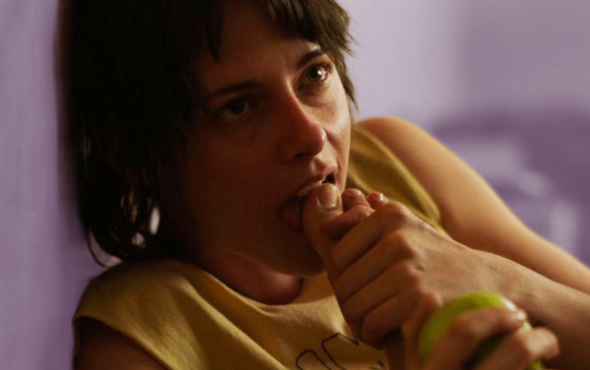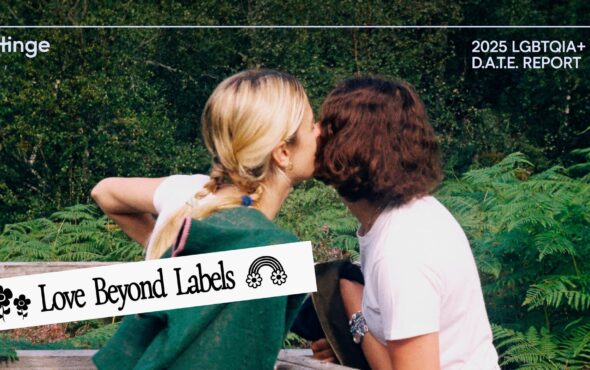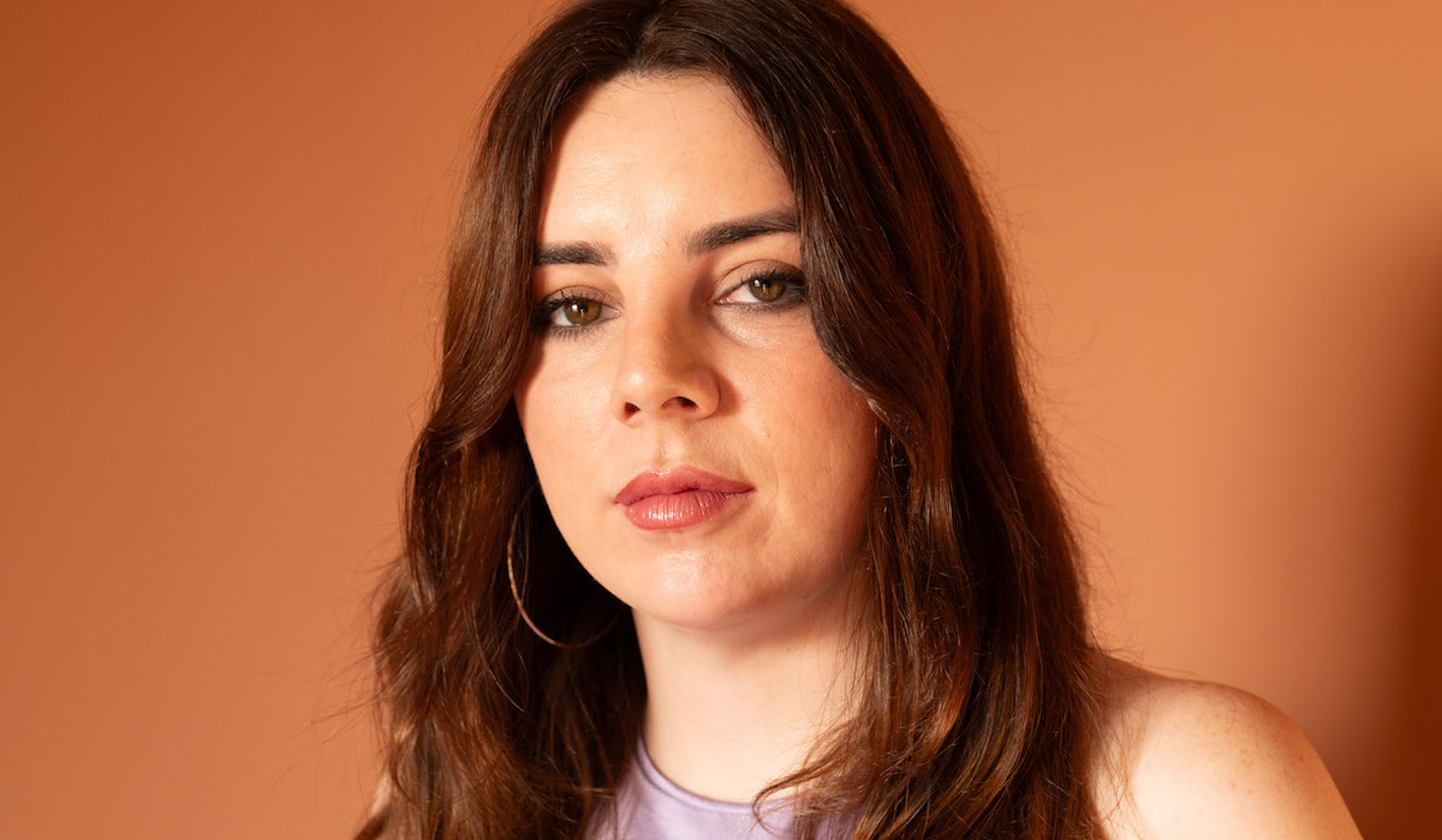
When Shon Faye’s debut book, The Transgender Issue: An Argument for Justice, was published in September 2021, it blew fresh air into a public discourse about transgender people that had become increasingly stale, repetitive and toxic. The book was an instant Sunday Times bestseller, won awards, and was read by Faye onstage at Glastonbury festival, to an adoring crowd.
Now, she’s back. Faye’s hotly anticipated new book Love in Exile promises to upend our notions about romantic love, examining the political and economic forces that push us to compromise ourselves in pursuit of idealised yet unrealistic relationships. A memoir, the book takes the personal from Faye’s life – addiction, gender transition, sex, a slew of chaotic relationships, heartbreak – and uses it to shed light on the politicisation of our love lives.
Writing about love is an ancient practice, yet Faye brings a sharp, warm and illuminating analysis to the contemporary state of affairs – with some unexpected diversions, like her relationship with Catholicism. Already endorsed by the likes of Maggie Nelson and Torrey Peters, Faye’s Love in Exile is set to be the must-read book of 2025. GAY TIMES met Faye ahead of the book’s publication to talk about love, breakups and her work as a writer.
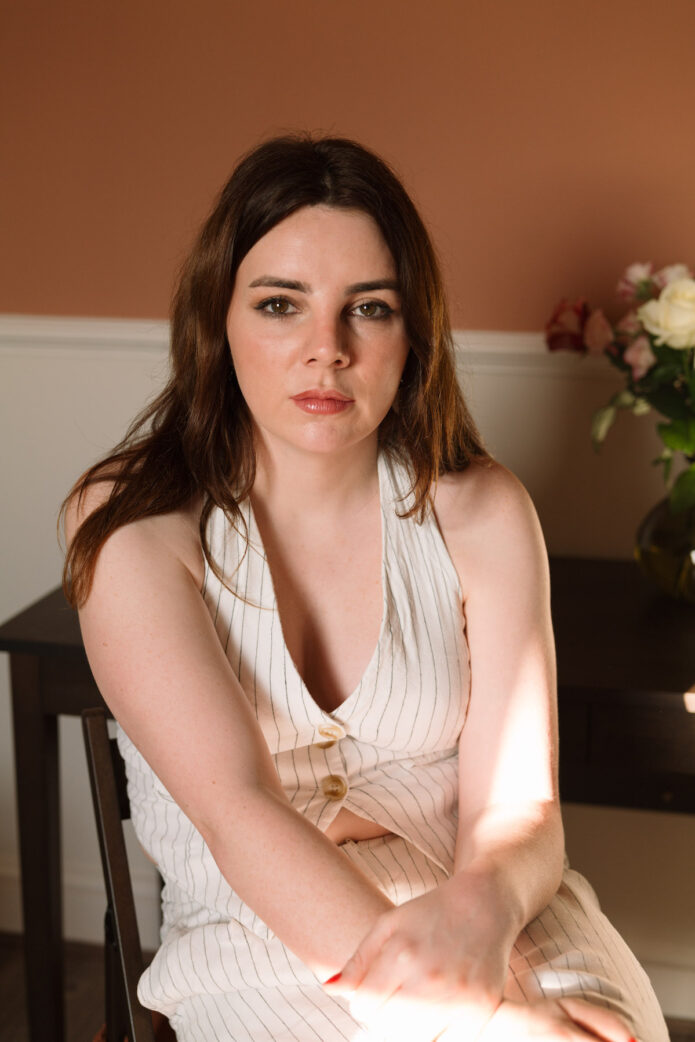
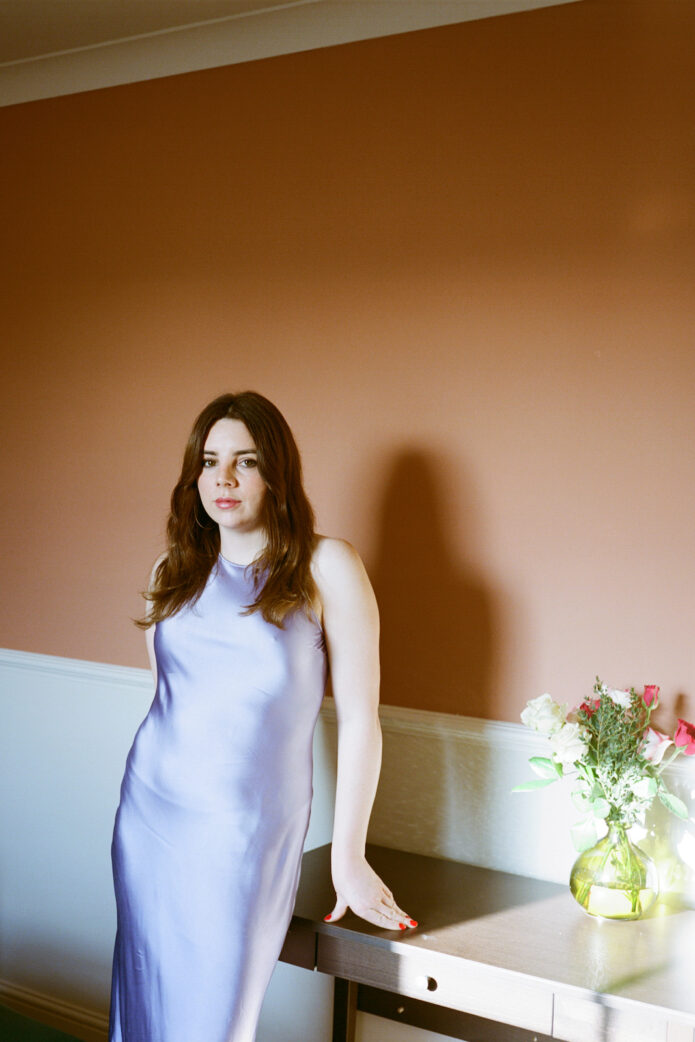
Your new book is called Love in Exile. How did you come up with the title?
Shon Faye: The title came early on in the process. I was fundamentally interested in this idea of my own relationship to heterosexuality, this odd juxtaposition of my relationships with men [being] modelled on heterosexual relationships but then me being trans complicating that picture. That was where the title began, and as I started planning out the book the term ‘exile’ became a much richer metaphor, and it was actually about this way in which we understand romantic love to be this particular kind of love that conveys value, and we treat it very politically, all of us, not just trans people. I realised that a lot of people feel very excluded from this ideal and there are very clear political and economic reasons for that. So, exile became a way to describe this particular feeling or belief that seemed to be very widespread and affects a lot of us.
It’s already getting rave reviews on Instagram from people who got sent advanced copies. I’m seeing a lot of buzz about it. How does that feel?
It feels good. This book was a creative challenge, because I don’t think it was necessarily what people expected. There was an element of risk with Love in Exile: would the readership I built with The Transgender Issue follow me, and would I be able to expand what the perception of me as a writer is? And it’s nice to know that that seems to have been effected somewhat successfully and people aren’t like, ‘What the fuck is this?’
This was also about moving myself into a space as a writer that wasn’t just about trans apologia. I feel like I’m being seen as how I see myself a bit more closely with this book and the reception it’s getting.
You write about the personal in this book much more than you have, I think, in any of your other work. And it makes sense because you’re writing about love and it’s not only romantic love, but self-love and friendship and familial love. What was it like for you to revisit your early formative relationships, particularly with your Mum and your Nanny?
When I recorded the parts about my grandmother, who I called Nanny, in the audiobook, I actually had to have a break and do it sentence by sentence. Which is funny because I was seven when my grandmother died, but clearly it unlocked something very deep, having to relive that.
Having to be analytical about the most intimate relationships of your life and childhood is not the same as being analytical about what’s wrong with trans healthcare. It is like taking a scalpel to your own life and memories. It was very challenging, but also beautiful in its own way because it made me realise how many connections there were between my grandmother, my mother and me. There was a lot there that was about femininity and power.
One thing you didn’t write about in the book was T4T, which is a term that carries some weight in the queer cultural discourse. I was wondering if it was something that you considered including; something you thought about in the writing process?
No, because I’ve never had a substantive [romantic] relationship with another trans person and I wanted to talk about what I know. I’ve been on a first date a few times with another trans person, but it’s not progressed. I always joke about this: the trans men I meet, they’re all gay. But it’s interesting, T4T, sometimes I feel like that is held up as ‘This is so much more affirming and better.’ And to be honest, I know some T4T relationships, and they have the same fucking problems as everyone else.
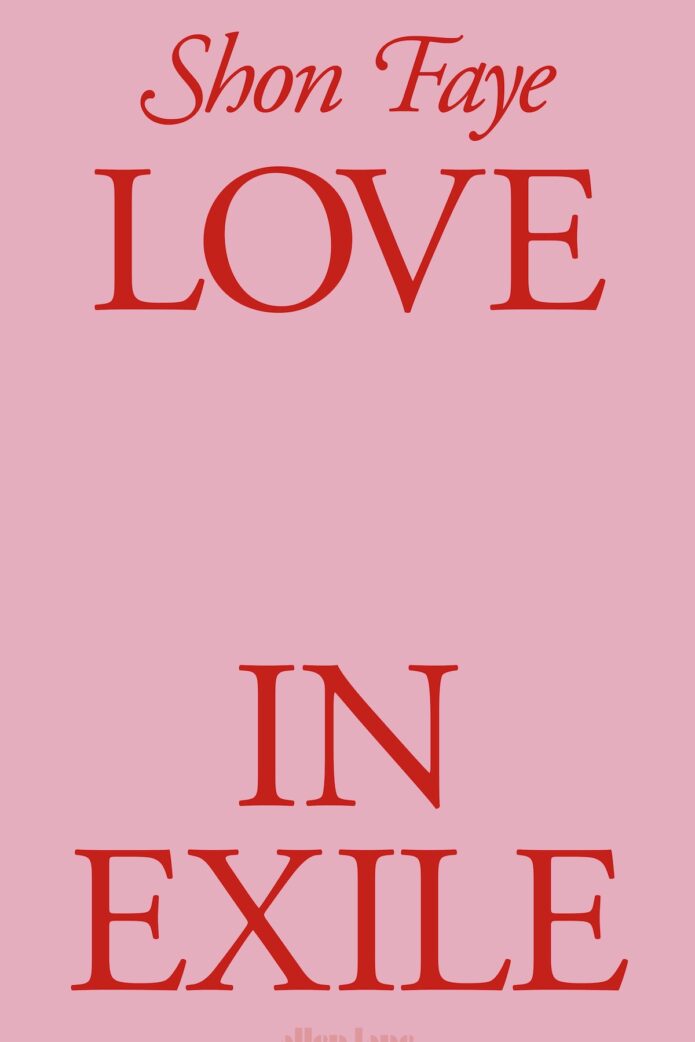
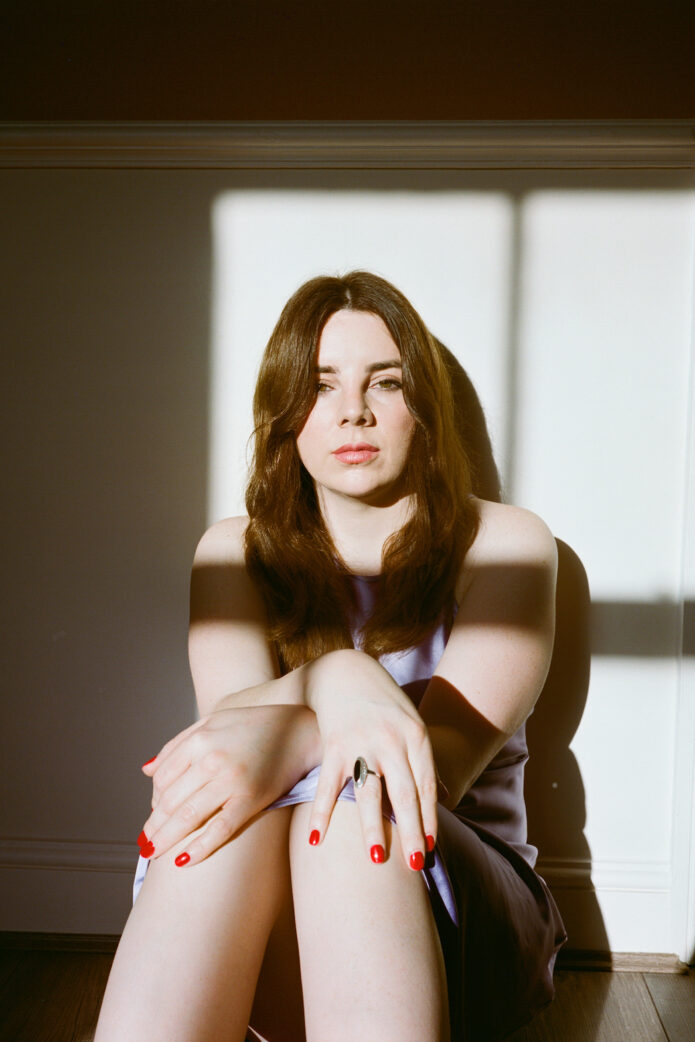
You wrote, and I’m really glad that you did, about your friendships with men and how this has helped you to avoid a trap that I think a lot of queer people who aren’t men can fall into, which is to kind of generalise that cis men are terrible and to leave it at that without further introspection or attempt at understanding. I wondered what your hopes are for male readers of the book. What do you think they might take away from reading Love in Exile?
That’s such a good question. It’s not there to necessarily educate men or to tell them things about themselves, but I hope it gives a certain perspective – what I have always found is men have been very unaware of female interiority, whether that’s trans or cis, and what hopes and aspirations are being projected onto them, somewhat unfairly sometimes.
I’ve heard male friends say that they were having sex with people because they wanted intimacy, and they actually didn’t really want to have sex, they had sex to get intimacy. I hope that there are parts of [the book] that [help] men understand that their masculine conditioning is probably cutting them off from other forms of love. I hope that some men that read the book see some of themselves reflected, and I also would love some critique in a good faith way; I would love some critique from men where they perhaps disagree.
When you’re writing about the end of your relationship with B, you have this really great line: that, for once, people didn’t need DEI training to be able to sympathise with you. You could just say, ‘I had a bad breakup’, and that was enough for people to understand what was happening for you. Why is it that you think that breakups are such a universally understood experience?
I think it’s just one of the great human experiences that the heartbreak and pain and loss in love is uniquely agonising, and it feels so individual and bespoke and all-encompassing. It is bizarre that we go to work the day after a breakup, and we are like, ‘My life is ending,’ but you have to just carry on and do your job. It feels like you’re in this kind of tank of pain and sadness that’s so isolating, but it’s actually not; it’s the most common experience in the world.
That experience was oddly affirming because for so many years, a lot of my stuff… I’d struggled with addiction, I struggled with dysphoria, with accessing healthcare on the NHS, surgery and all the trauma that trans people go through. And most people who aren’t trans or who aren’t addicts just won’t get it. Whereas if you’re like, ‘Oh, I had this boyfriend, and we’re still in love with each other, but we have to break up because we’re not compatible,’ people are like, ‘Oh my god, that sounds awful.’ People just get it. It feels like being human-neutral. It must be what being a cis white straight woman feels like, where it’s like you are woman-neutral. And it was very connecting, actually. So there was a strange affirmation in it, in the pain.
You are two books in to what I think we all hope is going to be a long and illustrious career as an author. Would you ever write fiction?
I used to always say no. What I’ve realised is that I prefer the challenge of new projects as a writer, and stretching myself, far more than clinging to doing the same thing. When you do memoir, you strip out a lot of dialogue to protect the identity of other people. You start to see how people make a leap from memoir to fiction because you can take it anywhere in fiction. Torrey Peters once said to me that the thing about fiction is you can be a lot more honest. I increasingly see the attractions of fiction.
It’s been an absolute pleasure to chat. We’re speaking three weeks before Love in Exile comes out. How are you feeling about seeing it out in the world?
It’s a strange thing because I wrote a book so personal, you have to almost forget the fact that anyone’s ever going to read it. I think I am happy it’ll be out in the world. I feel like, from the early readers, it’s going to connect with a certain kind of reader very deeply.
